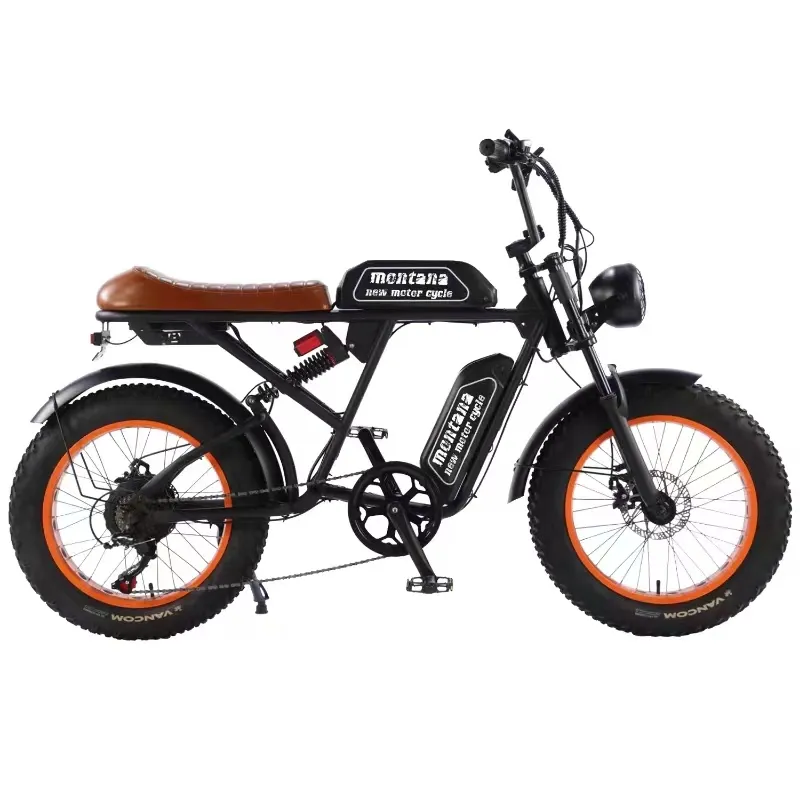
- Afrikaans
- Albanian
- Amharic
- Arabic
- Armenian
- Azerbaijani
- Basque
- Belarusian
- Bengali
- Bosnian
- Bulgarian
- Catalan
- Cebuano
- Corsican
- Croatian
- Czech
- Danish
- Dutch
- English
- Esperanto
- Estonian
- Finnish
- French
- Frisian
- Galician
- Georgian
- German
- Greek
- Gujarati
- Haitian Creole
- hausa
- hawaiian
- Hebrew
- Hindi
- Miao
- Hungarian
- Icelandic
- igbo
- Indonesian
- irish
- Italian
- Japanese
- Javanese
- Kannada
- kazakh
- Khmer
- Rwandese
- Korean
- Kurdish
- Kyrgyz
- Lao
- Latin
- Latvian
- Lithuanian
- Luxembourgish
- Macedonian
- Malgashi
- Malay
- Malayalam
- Maltese
- Maori
- Marathi
- Mongolian
- Myanmar
- Nepali
- Norwegian
- Norwegian
- Occitan
- Pashto
- Persian
- Polish
- Portuguese
- Punjabi
- Romanian
- Russian
- Samoan
- Scottish Gaelic
- Serbian
- Sesotho
- Shona
- Sindhi
- Sinhala
- Slovak
- Slovenian
- Somali
- Spanish
- Sundanese
- Swahili
- Swedish
- Tagalog
- Tajik
- Tamil
- Tatar
- Telugu
- Thai
- Turkish
- Turkmen
- Ukrainian
- Urdu
- Uighur
- Uzbek
- Vietnamese
- Welsh
- Bantu
- Yiddish
- Yoruba
- Zulu
Dec . 04, 2024 04:48 Back to list
How to Properly Adjust Shimano Front Derailleur on Your Mountain Bike
Adjusting Shimano Front Derailleur on a Mountain Bike A Comprehensive Guide
Adjusting the front derailleur on your mountain bike is an essential skill for any bike enthusiast. Shimano, being one of the most popular brands in the cycling world, offers reliable and efficient front derailleurs. However, proper adjustment is crucial to ensure smooth shifting and optimal performance. This article will guide you through the steps to adjust a Shimano front derailleur effectively.
Understanding the Front Derailleur
The front derailleur's main function is to guide the chain between the two or three chainrings on your bike's crankset. A properly adjusted front derailleur will facilitate smooth transitions between gears, allowing for a more efficient cycling experience. Common issues that arise from misalignment include chain skips, difficulty in shifting, and unintended chain drops.
Tools Needed for Adjustment
Before starting the adjustment process, ensure you have the necessary tools at hand
- A 3mm Allen wrench (for adjusting limit screws) - A Phillips screwdriver (if needed for your specific derailleur model) - A bike stand (optional, but helpful) - Clean rags for maintenance - Lubricant for the chain
Steps to Adjust the Shimano Front Derailleur
Step 1 Inspect the Current Setup
Before making any adjustments, closely inspect the current alignment of your derailleur. Shift your bike into the smallest chainring and the largest rear cog. This position allows you to see how the derailleur interacts with the chain. The derailleur should sit close to the largest chainring without making contact with the chain.
Step 2 Adjust the Limit Screws
The first adjustment involves setting the limit screws. There are usually two limit screws on the front derailleur designated as 'Low' and 'High'.
- Low Limit Screw This screw stops the derailleur from moving too far inward toward the bike frame. To adjust, turn the screw clockwise to limit its inward movement. Make sure the derailleur is positioned parallel to the chainring. - High Limit Screw This stops the derailleur from moving too far outward and helps prevent the chain from dropping off onto the frame. Adjust the high limit screw similarly; ensure the derailleur’s outer plate is just clear of the largest chainring when in the highest gear.
adjusting shimano front derailleur mountain bike

Step 3 Fine-Tune the Cable Tension
After adjusting the limit screws, the next step is to fine-tune the cable tension. This adjustment is crucial for ensuring that the derailleur moves smoothly when you shift gears.
- Shift the bike into the middle chainring and middle rear cog. Pull the derailleur arm away from the chain and check the cable tension. If the derailleur doesn't shift as quickly as expected, you may need to increase the tension.
- Use the barrel adjuster (located on the shifter or the derailleur) to fine-tune the cable tension. Turning the barrel adjuster clockwise will increase tension while counter-clockwise will decrease it.
Step 4 Test the Shifting
Once you have adjusted the limits and cable tension, it’s time to test the shifting. Shift through all gear combinations, starting from the smallest to the largest chainring, and then back again. If you notice any hesitation or missed shifts, you may need to go back and readjust the cable tension slightly.
Step 5 Inspect the Derailleur Alignment
Lastly, ensure that the derailleur is properly aligned and not bent. A misaligned derailleur can cause shifting problems regardless of the other adjustments you've made. If you’re unsure, it may be worthwhile to consult a professional or refer to the Shimano manual specific to your derailleur model for further instructions.
Regular Maintenance
Proper maintenance is essential for a smoothly functioning derailleur. Clean your drivetrain regularly and lubricate the chain to prevent wear and maintain optimal performance.
Conclusion
Adjusting a Shimano front derailleur on a mountain bike might seem daunting at first, but with the right tools and guidance, it can be an accessible process. Regular adjustments will ensure that you enjoy smooth and reliable shifting, enhancing your overall riding experience. Whether you're hitting the trails or riding around town, a well-adjusted front derailleur is key to getting the most from your bike.
-
The Ultimate Kids' Four-Wheeler Experience
NewsJul.09,2025
-
The Ultimate Guide to Mountain Bikes: Gear Up for Your Ride
NewsJul.09,2025
-
The New Age of Cycling: Electric Bikes for Every Rider
NewsJul.09,2025
-
The Best Kids Bicycles: Ride in Style and Safety
NewsJul.09,2025
-
The Best 3-Wheel Scooters for Kids: Fun, Safety, and Adventure
NewsJul.09,2025
-
Revolutionize Your Ride: Affordable Electric Bikes
NewsJul.09,2025
-
Finding the Perfect Mountain Bike for Every Rider
NewsJul.09,2025



